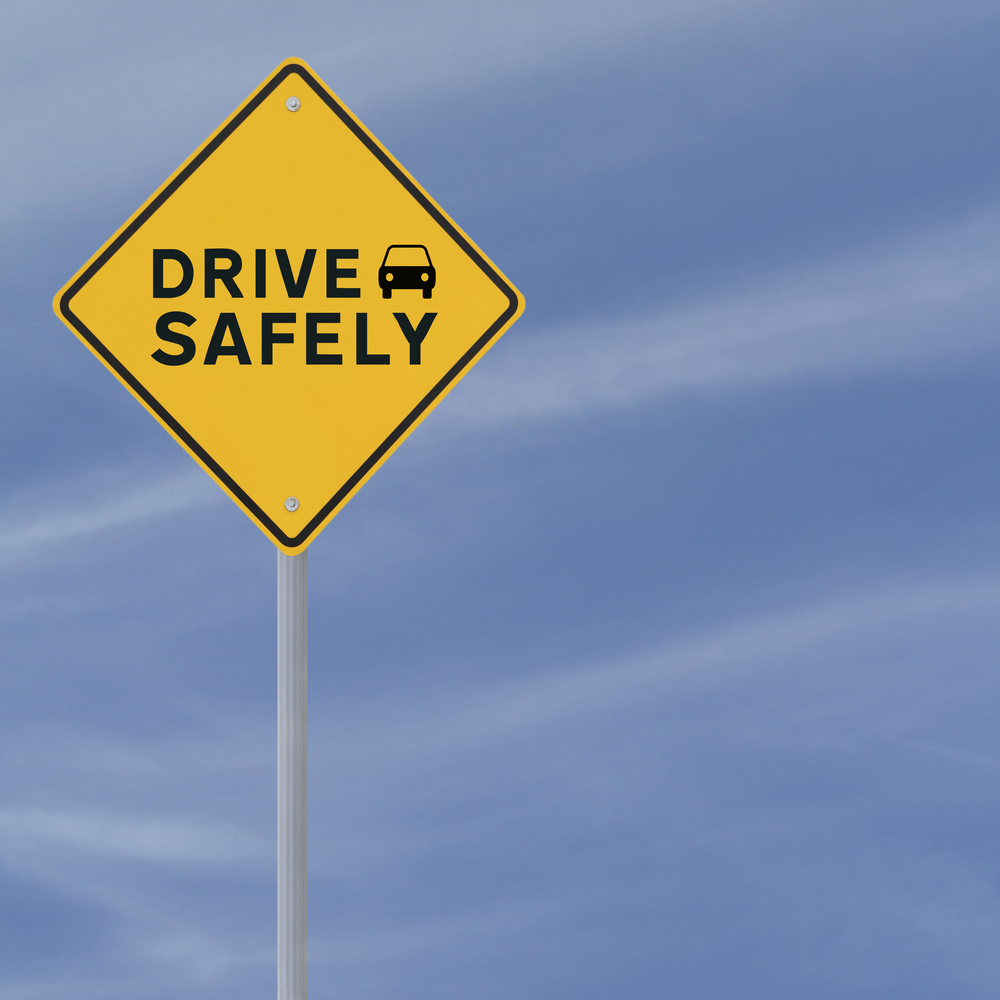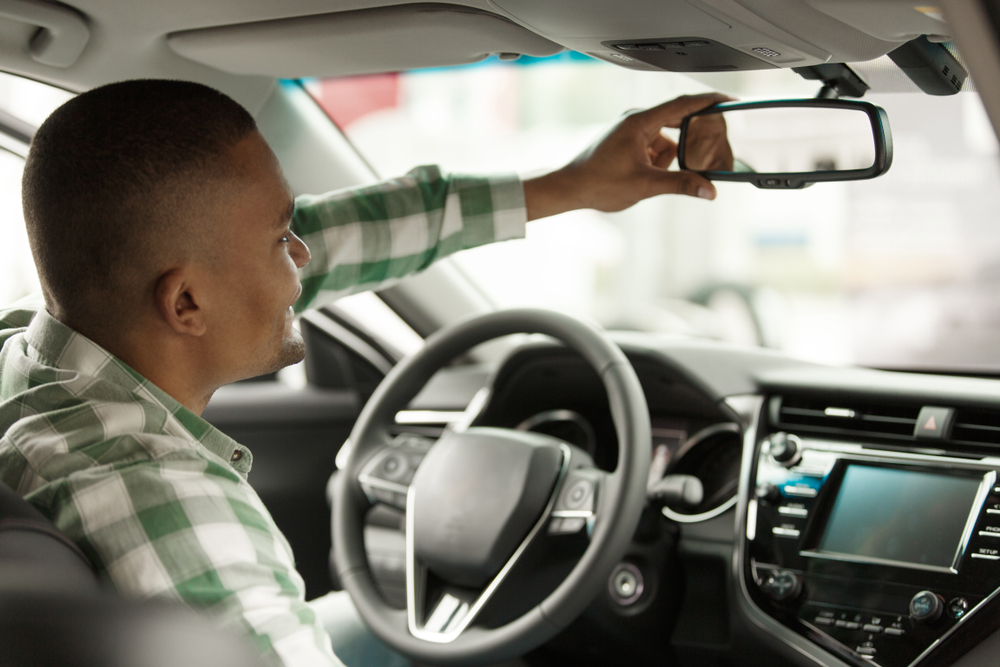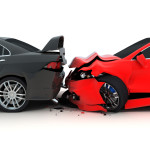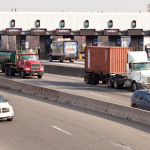Anyone living in Dallas or Fort Worth knows that driving is necessary. It’s nearly impossible to get anywhere without hopping in a car and braving the dangers of the road. Sure, there’s car insurance to help you in an emergency, but learning safe driving tips in Texas is the difference between an easy ride to work and a stressful nightmare.
Why Do Car Accidents Happen in Texas?
According to the Texas Department of Transportation (DOT), most car accidents in Texas are due to:
- Speeding
- Failing to yield
- Driving under the influence of alcohol
- Following too closely
- Running red lights and stop signs
The worst thing about Texas car accidents is that so many could have been avoided if people drove a little more safely. So, how can you do your part to minimize the chance of an accident? Here are six safe driving tips every Texas driver should know (and follow).
1. Follow Road Signs
Road signs in Texas are so common that it’s easy to forget that they’re even there. On a typical drive in Dallas, you might come across dozens or even hundreds of signs. So which ones are the most important? As a rule of thumb, pay close attention to these three colors:
- White signs, also known as regulatory signs, indicate legal rules about how you can drive. They include speed limit signs, one-way signs, and no-turn signs. Regulatory signs also include stop and yield signs. Failing to follow a regulatory sign can get you a ticket and affect your insurance rates for three years in Texas.
- Yellow signs, also called warning signs, indicate a potential danger in the road, such as a blind intersection or sharp turn. Speed limits on yellow signs are guidelines rather than laws, but failing to follow them is unsafe, especially in wet weather.
- Orange signs, also called temporary traffic control signs, indicate special rules due to road work, such as detours, closed lanes, and reduced speed limits. Orange signs are just as legally enforceable as white regulatory signs. In fact, speeding in a construction zone in Texas will result in double the usual fine, even if you don’t see workers, barrels, or equipment.
Every road sign costs money to make, install, and maintain. So, whenever you see one while driving, you can be sure that the sign is there for a good reason: to keep you safe. Pay attention to it.
2. Don’t Drink and Drive in Texas
The good news is that drunk driving is on the decline. Fewer people are doing it compared to 20 years ago, especially teens and young drivers.
The bad news is that there’s still a long way to go. In 2020, there were over 3,250 alcohol-related crashes in Dallas and Tarrant counties, almost 15% of all total alcohol-related crashes in Texas.
In Texas, you’re considered to be legally intoxicated when your blood alcohol concentration (BAC) reaches 0.08% or more. However, you’re breaking the law as soon as alcohol starts affecting your driving ability. That means that you can get a DUI ticket if you’re driving recklessly or cause an accident, even if your BAC is under the legal limit.
Driving while intoxicated is a serious offense in every state, especially in Texas. If you’re caught driving drunk for the first time in Texas, you can face over $2,000 in fines and license suspension for up to 12 months. Repeat offenders can be fined over $10,000 and face jail time of up to 10 years. And before you can get your license back, you’ll need to file an SR-22 certificate of financial responsibility.
But drinking and driving is more than just a traffic ticket and fines. A lot of people make bad decisions when they’ve had too much to drink, but very few decisions have consequences as serious as drinking and driving. Here is what you’re risking when you drive while intoxicated:
- Injuring or killing other innocent drivers, passengers, and children
- Injuring or killing yourself
- Causing property damage
- Damaging your car
- Negatively affecting your driving record
- Having a felony on your criminal record
- Jail time
- Bankruptcy from fines, attorney fees, and lawsuits
Don’t become a statistic. If you’re not sure whether you’re sober enough to drive, don’t take any chances. Ask a friend or family member to pick you up or take a cab home. You can always pick up your car later.

3. Keep Your Car in Good Shape
Would you ride a bike with a bent wheel or faulty brakes? Probably not and the same thing goes for your vehicle. Getting behind the wheel of a car that has problems could translate to causing you issues while driving. Checking and maintaining your vehicle is a safe driving tips in Texas.
Here are some things you should check in your car every week:
- Headlights, taillights, and turn signals
- Horn
- Windshield wiper condition
If any of these critical components need repair or replacement, take your car to a trusted mechanic as soon as possible. It’s unsafe to drive with a faulty horn or windshield wipers and driving without fully functioning lights can get you pulled over.
About every month, you should check other important components, such as:
- Tire tread level
- Engine oil level
- Wiper fluid level
Remember to change your engine oil every three months or after 3,000 miles (whichever comes first) and change your tires when the tread depth is less than 2/32 of an inch.
4. Keep Your Distance from Other Cars
Nobody likes to be followed. And when it comes to driving, following someone too closely is not only unsafe, but it can get you a ticket in Texas.
How close is too close? If the vehicle in front of you were to suddenly stop, you need to leave enough space in front of you so that you could come to a complete stop without rear-ending the vehicle. Anything closer than that is too close.
That means that you need to leave extra space when you’re on the highway, driving in winter or rainy weather, or driving in low visibility conditions. A quick way to check this is with the three-second rule. When the car in front of you passes a sign or tree, count out, “One Dallas Fort Worth, Two Dallas Fort Worth, Three Dallas Fort Worth.” If your car passes the same object before you’re finished counting, then you’re following too closely and need to give yourself more space.
Keep in mind that in rear-end collisions, the trailing driver is almost always at fault. By following a car too closely, you’re not only putting everyone in an unsafe situation, but you’re also increasing the chances that you’ll be at fault for an accident. That means you’ll be facing higher liability insurance premiums, and you’ll need to cover the damage to your own car.
5. Slow Down Before You Hit Road Curves
Whether you’re testing your skills on the North Dallas Twisties, navigating one of the I-35 interchanges, or just trying to make that turn before the light turns red, curves can be tricky. Even professional truck drivers can underestimate the danger of a curve.
The best rule to follow is to always brake before entering a curve.
Many drivers assume that braking on a curve will help them keep control of their vehicle if they enter the curve too fast. While this works when driving on a straight road, curves are different. We won’t go into detail on the physics of it all, but here’s what you need to know: if you enter a curve too fast, braking won’t help you regain control of your car. It’s much safer to enter a curve slowly and gradually accelerate than it is to enter too quickly and try slowing down.
6. Don’t Take It Personally
We’re all human. That means we all make mistakes in life, including when we’re driving. And just like we don’t mean to personally offend someone when we cut them off, other drivers aren’t out to get you. And one of the worst things you can do as a driver is to respond to an unsafe situation by creating another unsafe situation. Using safe driving tips in Texas is the best way to go.
So, what should you do when you’ve been wronged on the road?
First, stay calm. Chances are that the other driver was overwhelmed by the traffic around them or simply forgot to check every mirror and blind spot. It’s not the best or safest situation, but it happens. Remember that they want to get home safely just as much as you do.
Also, be judicious about using your horn or flashing your headlights. These are great ways to get other drivers’ attention to avoid an accident but don’t use them just to vent your anger and frustration. It doesn’t help anyone. In fact, it’s illegal in Dallas to blow your horn except as a danger or warning signal.
Finally, don’t try to “get revenge” on a driver by tailgating them, driving too slowly in front of them, or cutting them off in return. Remember that if you cause an accident, neither the insurance company nor the police will care that the other driver did something to make you upset. More likely, you’ll be held fully at fault if they know you deliberately did something unsafe or unlawful to cause an accident.
Find Affordable Auto Insurance Online in Texas Today
The dangers of driving are real — most people don’t realize it, but driving is one of the riskiest things a person can do. Speeding, distractions, alcohol, and plain bad luck all contribute to road accidents in Texas. And when the unexpected does happen, Baja Auto Insurance is there to protect you, your family, and your car. All it takes is a few minutes for an online car insurance quote. Or you can visit one of our offices in person or give us a call at (800) 401-6870.






Follow us: